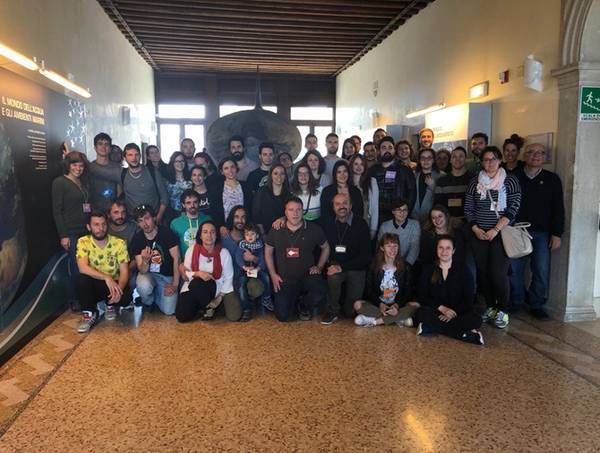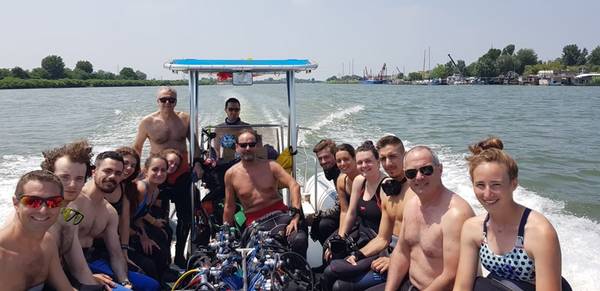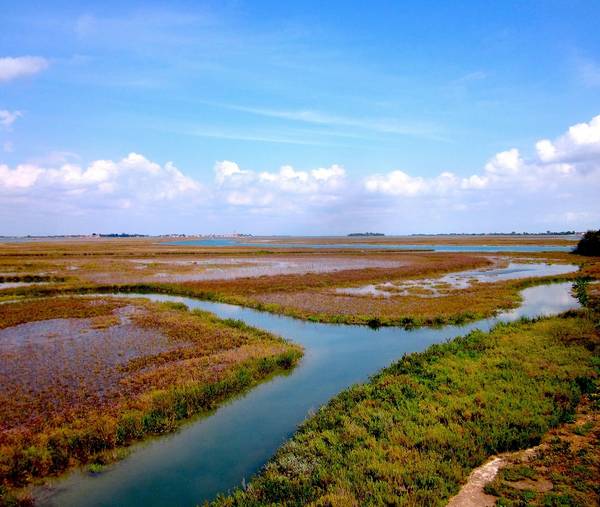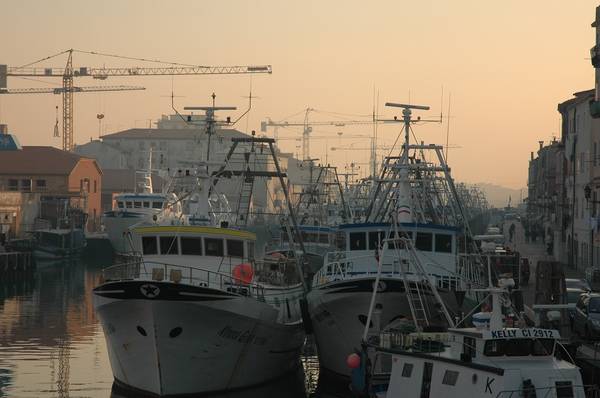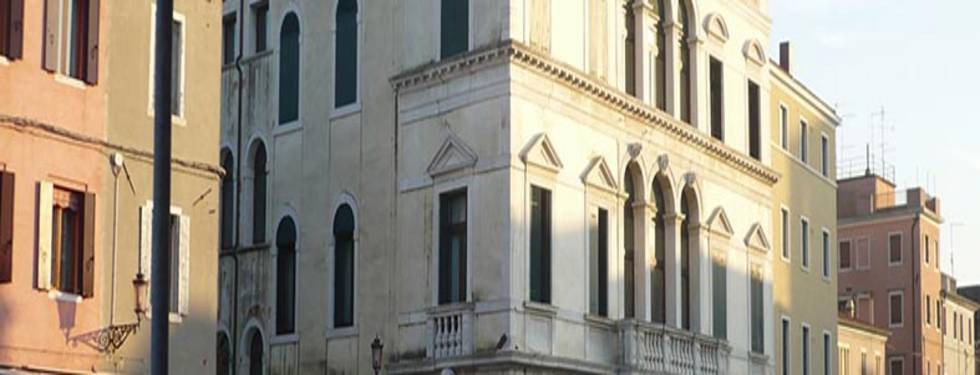
The course life
For the Marine Biology students at Chioggia there is a dedicated secretary in Palazzo Grassi, providing logistic information about the degree and basic didactic support. Since the didactic secretariat of the degrees pertaining to Biology is based at Padua headquarters, a representative from the secretariat is present at the beginning of the courses to introduce the different issues related to traineeships, study plans, etc. It is also possible to book further appointments during the semesters, and the delivery of administrative documents to/from the secretariat in Padua is guaranteed on a weekly basis.
There are many extracurricular activities at Chioggia. During the courses, weekly marine biology meetings are organized, informal events where it is possible to present and discuss together a variety of trending topics in marine biology, proposed by students or teachers. These meetings are also attended by PhD students and visiting fellows of the Hydrobiological Station and by researchers from other local research institutes.
The first year students are offered the opportunity to take a first degree scuba diving course, if not yet attended. The Marine Biology degree covers part of the diving course expenses, and facilitates its organization in collaboration with a diving center.
National and international meetings, conferences and workshops related to the sea are frequently organized at Palazzo Grassi. Students have the opportunity to attend the meetings of interest.
Palazzo Grassi also hosts the "Giuseppe Olivi" Museum of Adriatic Zoology. The Museum organizes scientific dissemination events, and the students have the opportunity to participate as spectators or to become active parts through collaborations with the Museum.
The Chioggia headquarter, comprised of Palazzo Grassi, the Museum and the Hydrobiological Station, is a marine biology center that integrates teaching, research and dissemination. Students of the Marine Biology degree have the opportunity to experience the center life in all aspects, in direct contact with local researchers of the University of Padua and Italian and foreign visiting scientists. The headquarters is currently being expanded and renewed, thanks to the restoration of the former Cini school, next to the Hydrobiological Station, which will host new modern laboratories and experimental spaces.
Studying in Chioggia also provides students with the opportunity to be in contact with a productive and social reality linked to the lagoon and the sea. The Venice Lagoon is a unique environment from an environmental and cultural point of view. The ecosystems of the lagoon and coastal areas include bodies of water, mudflats, saltmarshes, dunes, coastal forests, which host a rich biodiversity. At the same time, Venice Lagoon has been historically influenced by human activities and transformations from urbanization, fishing and aquaculture, industry, and tourism. The city of Chioggia is deeply connected to its marine environment. It hosts one of the largest fishing fleets in the Mediterranean Sea, which operates in one of the most productive and, at the same time, most severely exploited and modified enclosed sea. A relevant beach and maritime tourism is also developed in the area. This local reality offers a stimulating living laboratory to study the human-sea interactions.



